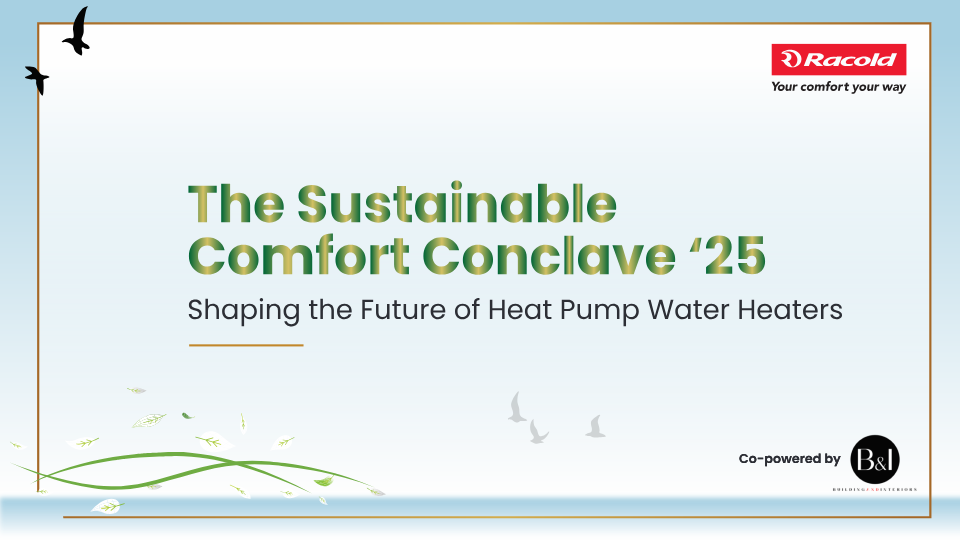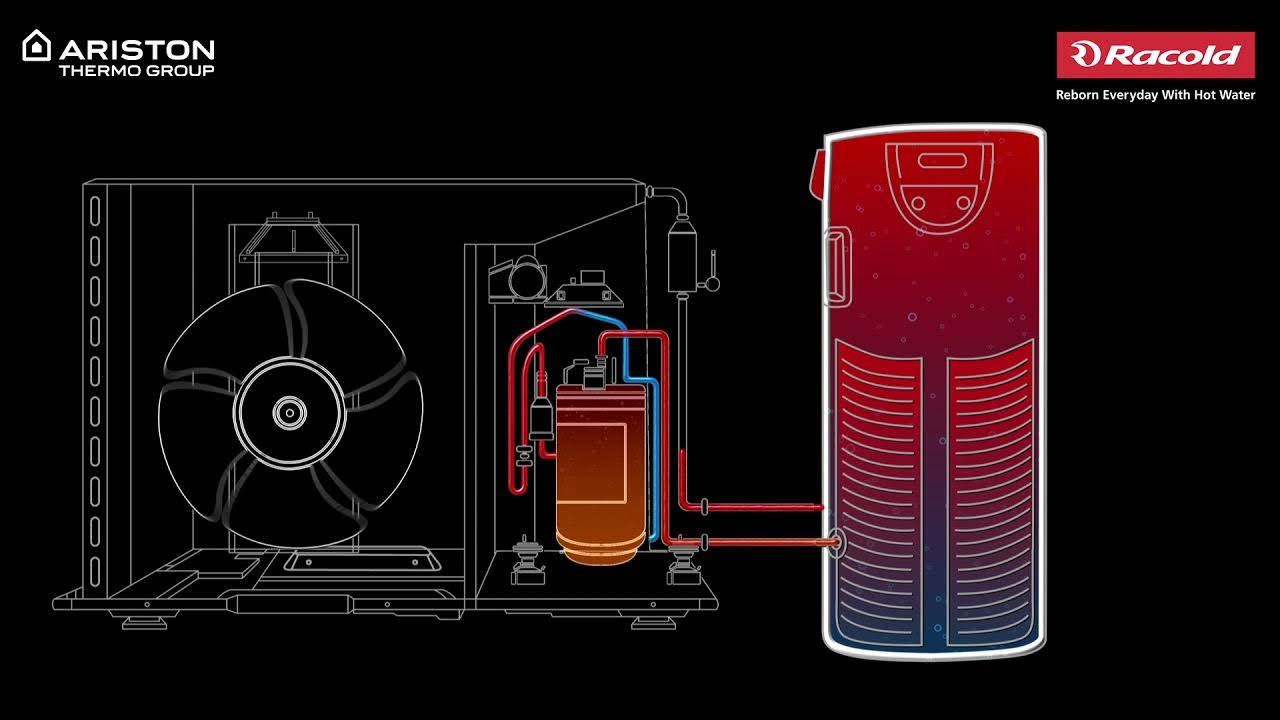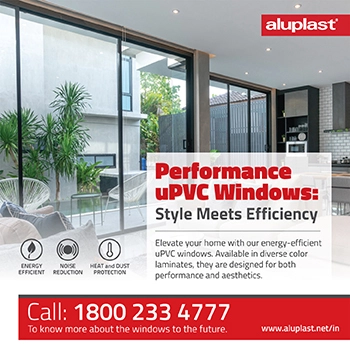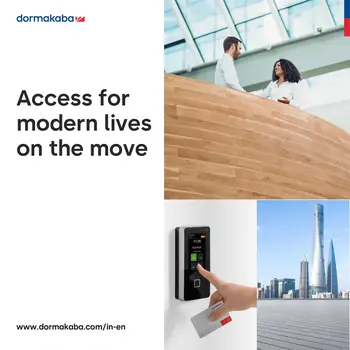Heating systems like heat pumps are still missing from many sustainable building plans. This is despite the focus on energy efficiency and sustainability. Space efficiency, integration with HVAC systems and thought alignment of MEP, architects, and all other experts involved in the project design also become important; this issue is covered in the video from the most recent Racold Sustainable Comfort Conclave, a premier heat pump event.
Why are heat pumps still missing from most building plans?
A common lack of knowledge and comprehension exists among important players, such as architects, builders, and homeowners. This is one of the main causes of this disparity. Many people lack a thorough understanding of the operation of heat pumps and the substantial energy and environmental savings they provide. This Racold event video highlighted the need for planning, causing reluctance to specify heat pumps in newly constructed or renovated buildings.
Furthermore, the initial expenses linked to heat pump systems frequently discourage decision-makers. Sustainable heat pumps can seem expensive initially compared to traditional heating and cooling systems in buildings. However, they save money over time by using less energy. There is uncertainty and risk for builders who may encounter difficulties with project execution because the current workforce lacks the knowledge of this relatively recent technology.
Designing for space efficiency with sustainability at the Racold event in Delhi
Additionally, current building standards and regulatory frameworks have not adequately accommodated the functional needs of heat pumps. Integrating Racold heat pumps is challenging due to compliance issues, as many rules are still designed for conventional HVAC systems. The video emphasises that removing these obstacles calls for a multipronged strategy that includes collaboration among professionals. It also highlights updating regulations and focused implementation strategies for the best outcomes.
A comprehensive approach can help the building sector adopt heat pumps more widely. This supports energy savings and sustainability. Basically, Racold brings forth many discussions in this heat pump event, which highlights how vital it is to close these gaps and hasten the shift to greener building alternatives.






















